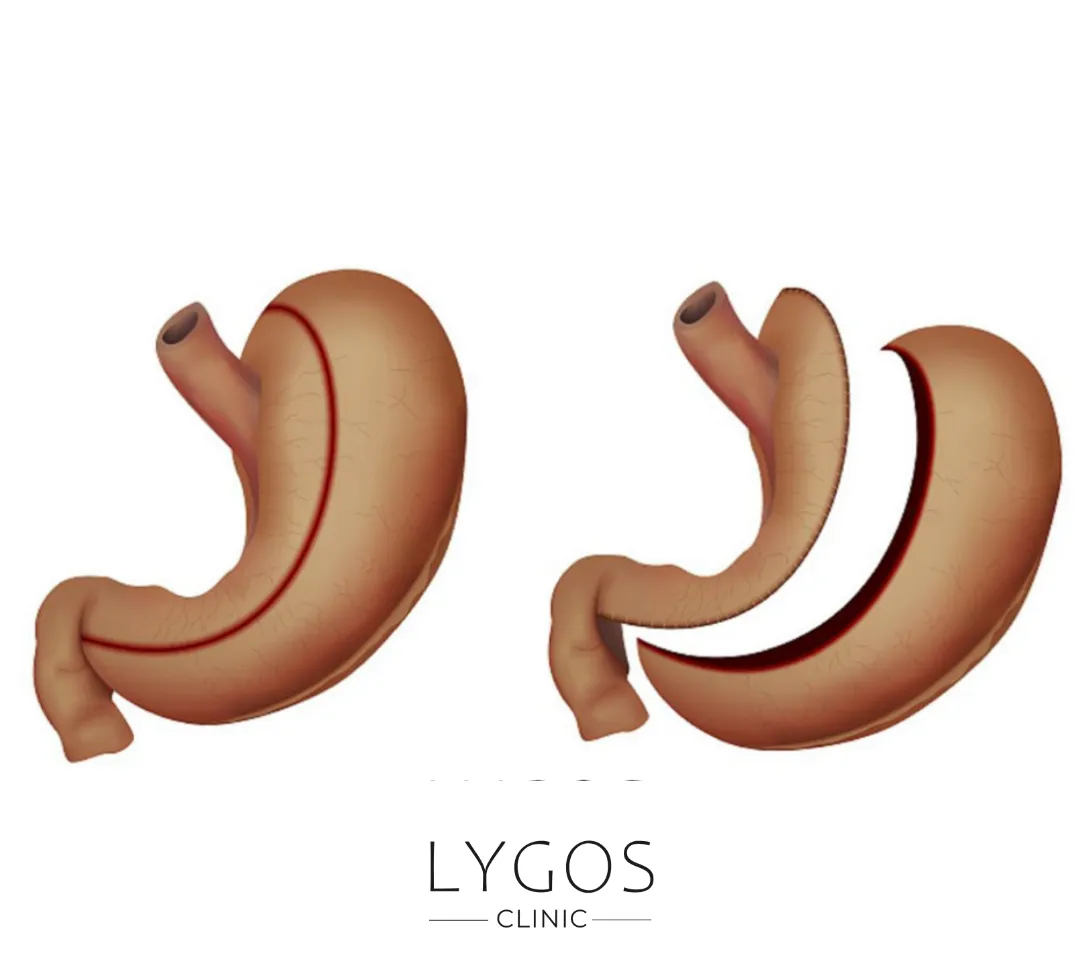Diabetes Surgery
Get Free Consultation
Chose Your Topic
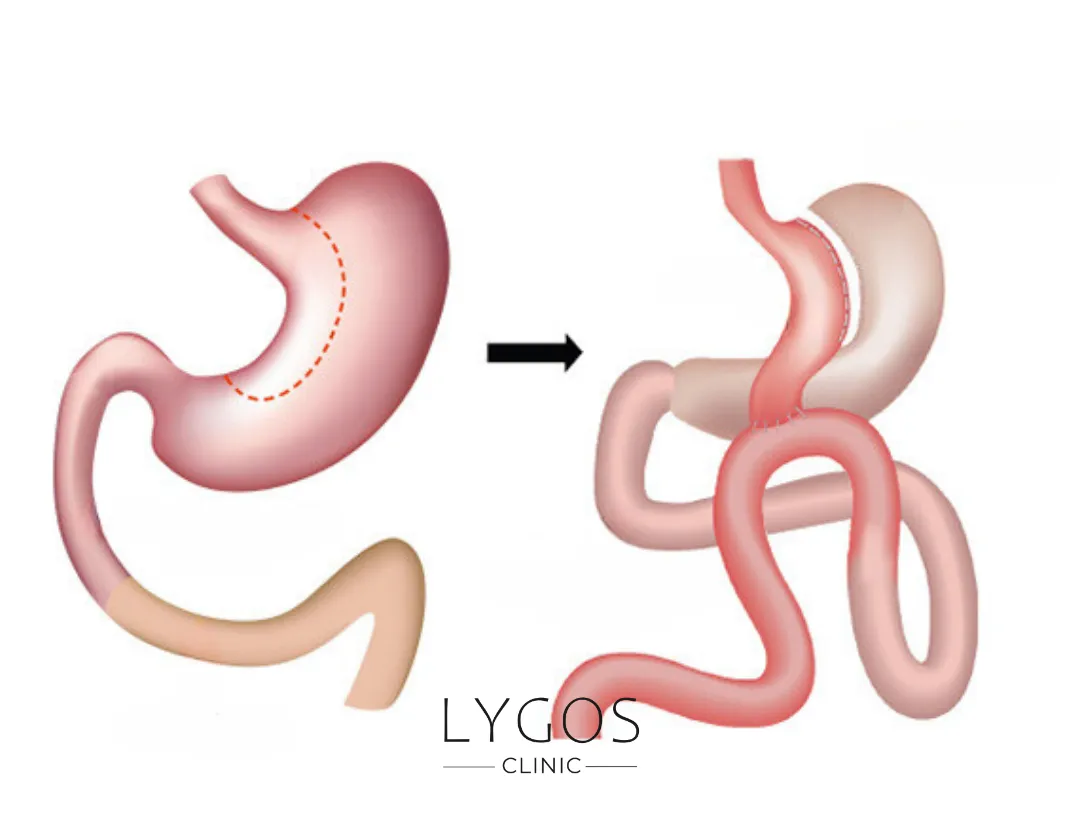
What is Diabetes Surgery?
Diabetes surgery is an effective treatment for people with type 2 diabetes to control high blood sugar levels. This surgery helps patients maintain their health by lowering high blood sugar levels that damage their organs.
Type 2 diabetes is the inability to effectively use the insulin produced by the body. In this case, blood sugar is controlled with medication or lifestyle changes. However, in some cases, these methods may not be enough and diabetes surgery may be considered.
Diabetes surgery is usually preferred for patients with obesity-related diabetes. These surgeries are performed with different techniques such as reducing the volume of the stomach or regulating the intestines. As a result of these procedures, patients' blood sugar levels can return to normal limits. Thus, diabetes can be brought under control.
The treatment method suitable for each patient may differ. Diabetes surgery is an option that is evaluated and recommended by doctors according to the patient's condition. In order for patients to lead a healthy life after surgery, it is important for them to be under regular medical supervision and to adopt healthy eating habits.
Who is Suitable for Diabetes Surgery?
Metabolic surgery stands out as an important alternative in the treatment of type 2 diabetes today. However, this surgical method is not suitable for all types of diabetes. It is especially not effective in type 1 diabetes patients.
Type 1 diabetes is a condition in which the body does not produce enough or any insulin and metabolic surgery has no effect on this condition. Therefore, type 1 diabetes patients are treated with different methods such as insulin therapy. So, who is suitable for diabetes surgery? In order to benefit from metabolic surgery, the body must produce a small amount of insulin.
This is usually possible in patients with type 2 diabetes. However, in some cases, patients with long-term type 2 diabetes may also have reduced insulin production in the pancreas. In this case, the patient's pancreatic insulin level is measured and evaluated before metabolic surgery. This measurement, which is determined by a C-peptide substance level blood test, plays an important role in determining surgical suitability.
According to World Health Organization data, the majority of type 2 diabetes patients are also overweight or obese. Therefore, body mass index is of great importance in patient selection for metabolic surgery. Generally, patients should have a body mass index above 35 to undergo diabetes surgery. However, some patients who do not respond to medical treatments and have a body mass index above 30 may also be candidates for metabolic surgery.
Diabetes surgery is a method that can offer permanent solutions in the treatment of type 2 diabetes and can significantly improve the quality of life of patients. However, a detailed evaluation and specialist recommendation is required to determine whether it is suitable for each patient.
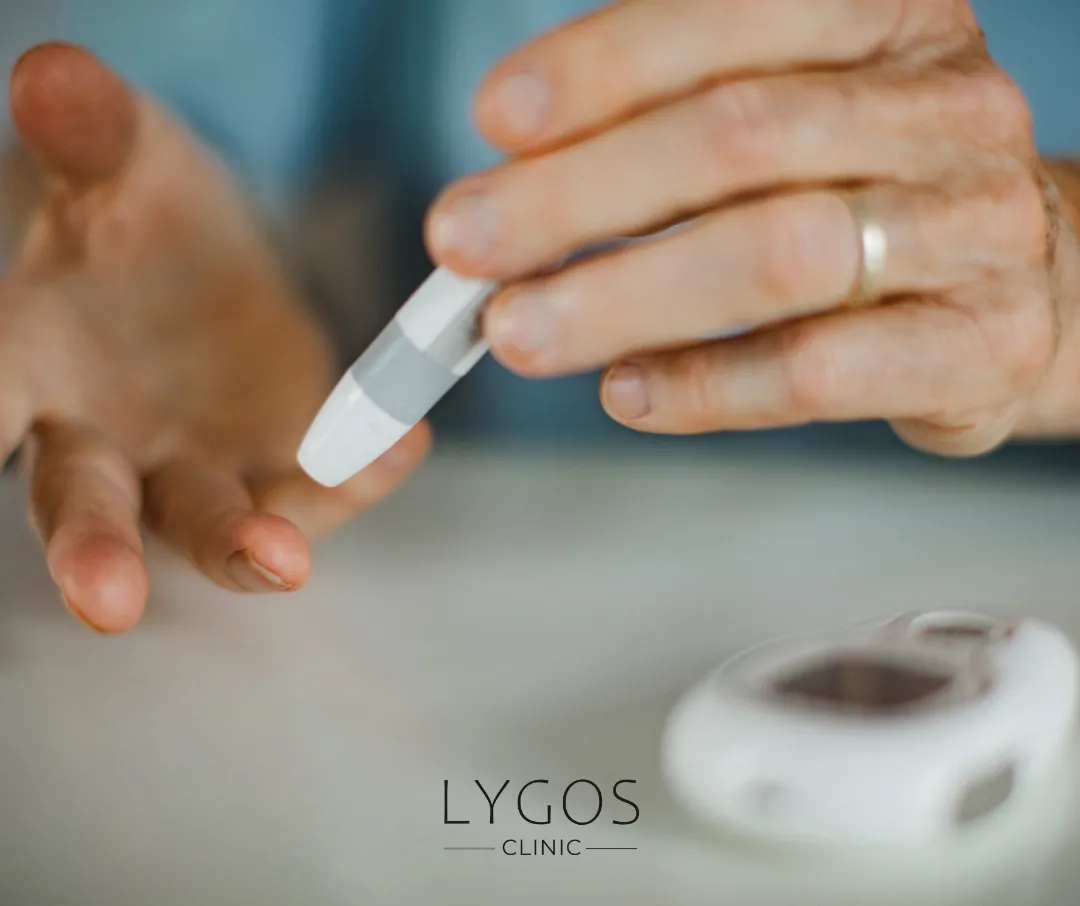
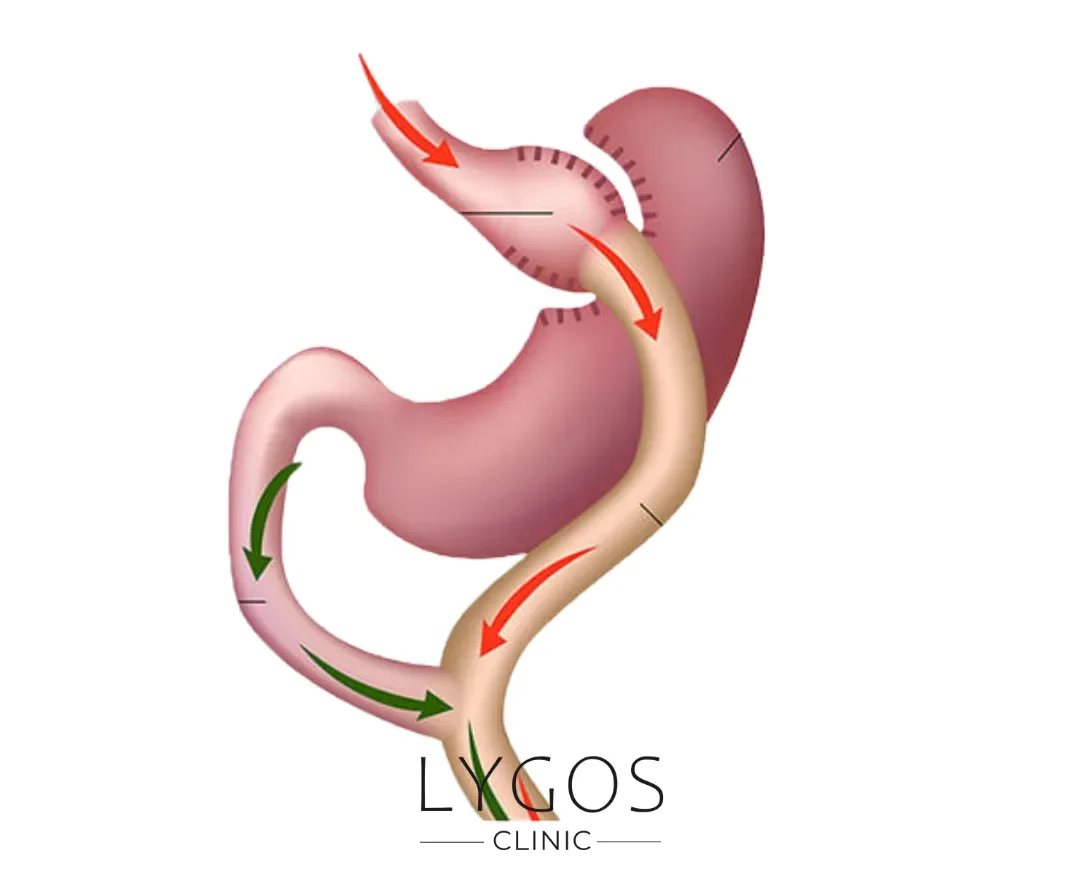
How is Diabetes Surgery Done?
Today, diabetes surgery is recognized as an effective method in the treatment of type 2 diabetes. This surgical procedure, which is especially applied in people with obesity problems, is performed in different ways depending on the patient’s health status.
In individuals with obesity problems, the surgery is usually performed within the scope of bariatric surgery, while in those who are not obese but have type 2 diabetes, the procedure called metabolic surgery can be applied. In both cases, the focus of the surgery is usually on structural changes in the stomach.
During diabetes surgery, hormonal changes are made to provide positive effects on the person's metabolism. These changes are usually aimed at reducing hunger and keeping insulin levels under control. Type 2 diabetes is known as a disease that leads to the body's inability to use insulin effectively and is often associated with obesity. Diabetes surgery is often performed using closed surgical techniques. In this way, it is aimed to maintain normal insulin levels by making changes in the stomach.
The type of surgery and the way it is performed depends on the patient's characteristics, health status and the preferences of the surgical team. Determining the most appropriate treatment for each patient requires a detailed preliminary evaluation and expert medical advice. Diabetes surgery can play an important role in the management of type 2 diabetes in suitable candidates. In this way, patients' quality of life can be positively affected.
Diabetes Surgery in Men
As a result of the examination of blood values and other medical tests, their suitability for surgery is determined and it is evaluated whether there are any obstacles. The examinations and tests performed during this process play an important role in revealing the patient's general health status and risk factors for surgery. Before the surgery, patients are thoroughly informed and given a detailed understanding of the procedure. Diabetes surgery in men is usually performed by experienced surgeons in private hospitals. It is planned individually for each patient. The date of the surgery is determined according to the patient's condition, the availability of the surgical team and the patient's preferences.
Diabetes Surgery in Women
The first step for diabetes surgery in women is a detailed examination by a specialist doctor. In this examination, the patient's type of diabetes (type 1 or type 2) is determined and the current health status is evaluated. The type of diabetes is an important factor in how the surgery will be planned. In patients with type 2 diabetes, surgery is considered as an option, especially in cases where there is no response to drug treatment or if the disease is advanced. During the pre-operative period, the patient will have blood tests and other necessary medical examinations. These tests are important to assess the course of the disease and other functions in the body.
As a result of these examinations by specialists, the patient's suitability for surgery is determined and necessary measures are taken. If eligible for surgery, the patient is given detailed information about how the surgery will be performed, the expectations and possible consequences. The patient's decisions regarding treatment and surgery are taken in line with the joint decisions of the patient and the doctor. The surgery date is set and the patient's treatment process is initiated.
Diabetes Surgery in Children
Type 2 diabetes can damage organs with rising blood sugar levels, especially in young children. Therefore, it is critical to start treatment early in children with diabetes. Diabetes surgery in children may be among these treatment options. However, the general health status and body resistance of the child should be evaluated in detail before surgery. Preoperative tests are an important criterion for determining the child's suitability for surgery.
These tests allow the child's body functions and health parameters to be assessed. If the child's body resistance is not suitable for surgery, doctors may postpone treatment and alternative treatment methods may be used to control blood sugar. During this process, the child may be given treatment such as diabetes medication to minimize the effects of the disease.
Type 1 Diabetes Surgery
Diabetes is a health problem that usually occurs when the body is unable to produce or use the hormone insulin sufficiently. There are two main types: type 1 diabetes and type 2 diabetes. Type 1 diabetes usually occurs when the immune system accidentally destroys pancreatic cells. In these patients, the body has completely stopped producing insulin. Therefore, type 1 diabetics need continuous insulin treatment throughout their lives. Therefore, type 1 diabetes surgery is not performed in such patients. Diabetes surgery is usually performed on patients with type 2 diabetes. In these patients, the pancreas still produces insulin but the body cannot use it effectively.
The surgeries usually involve adjustments between the pancreas and the intestine. This improves the body's use of insulin and control of blood sugar. In particular, the operations help to remove resistance to insulin in the body and allow the pancreas to work more effectively. Research is also continuing in the medical world for type 1 diabetes. New treatment methods, such as vaccines that regulate the immune system, may be promising.
New treatment options for people with type 1 diabetes may emerge in the future. Although the causes of type 1 diabetes are still not fully understood, there are subtypes classified as Type 1A and Type 1B. Type 1A refers to patients with persistently reduced insulin resistance, while the cause of Type 1B is often unclear. Nutrition is thought to play a role in some geographical regions.
Type 2 Diabetes Surgery
Diabetes is a very common and serious problem in the health world. There are two main types of diabetes, type 1 and type 2. Type 1 diabetes usually develops when genetic factors or the immune system attacks the insulin-producing cells of the pancreas. In this case, the body produces no or very little insulin. This leads to a lifelong dependence on insulin. Type 2 diabetes is usually caused by lifestyle factors, obesity and genetic predisposition.
In this type, the pancreas still produces insulin, but the body cells are resistant to it. This leads to high blood sugar levels. Medications, diet and lifestyle changes are usually recommended before type 2 diabetes surgery. However, in some cases these treatment methods may not be enough. Metabolic surgery or diabetes surgery can be considered especially for type 2 diabetes patients with a body mass index over 30 and who have not achieved results with other treatment methods.
These surgeries aim to reduce food consumption through changes in the stomach and intestines. In this way, rapid weight loss is achieved. Type 2 diabetes surgery provides sugar control by reducing insulin resistance or improving the body's use of insulin. However, certain criteria must be met for surgery to be feasible in patients with Type 2 diabetes. For example, the pancreas must still be able to produce a small amount of insulin. In cases where insulin production has completely stopped, this type of surgery is not suitable.

Nutrition After Diabetes Surgery
Nutrition after diabetes surgery is very important. Therefore, it is important to pay attention to the recommendations given by the doctor. These recommendations aim to support the successful outcome of the surgery and the recovery of the patient’s health. Rest is important in the first days after surgery.
The patient should avoid heavy movements and take care to rest. In nutrition after diabetes surgery, it is recommended to consume only liquids in the first 3-4 days. In this process, the diet list determined by the dietician should be strictly followed and attention should be paid to nutrition. Supporting the body with the right nutrients during the healing process helps maintain a healthy metabolism after rapid weight loss.
Apart from certain dietary recommendations, consumption of caffeine-containing beverages (coffee, tea, etc.) should be restricted for one month after surgery. Alcohol consumption is not recommended for six months after surgery. Carbonated drinks and foods that can cause gas (such as lentils, chickpeas, etc.) should also be limited so that the digestive system is not disturbed.
The postoperative weight loss process is important to improve the patient's health. Regular exercise during this process can help control weight. However, before starting sports activities, the doctor should be consulted and recommendations should be followed. Weight loss in obesity patients can often lead to psychological effects. It is important to get psychological support to deal with problems such as eating habits and depression. This support can help the patient maintain a healthy lifestyle in the postoperative period.
Finally, skin sagging and skin accumulation may occur after a large amount of weight loss. In this case, skin removal surgeries may be considered with a doctor's recommendation. These surgeries can help to improve the patient's physical appearance and support their health. Paying attention to these recommendations after diabetes surgery will contribute to the improvement of the patient's health and the success of the treatment process. The treatment process, which is planned individually for each patient, should be followed meticulously under the supervision of a doctor.
Before and After Diabetes Surgery
The change that occurs before and after diabetes surgery manifests itself in many ways. This procedure, which is one of the most ideal methods for the patient, generally does not cause any health problems if the doctor’s visits are regular. It also protects the basic functions of the body. This allows the patient to continue his/her life smoothly before and after diabetes surgery. People who have difficulty breathing and have a hard time because of diabetes can get rid of their problems thanks to this method. The patient, who turns into different people before and after diabetes surgery, gains a fitter and healthier structure. In this way, it also improves psychologically.
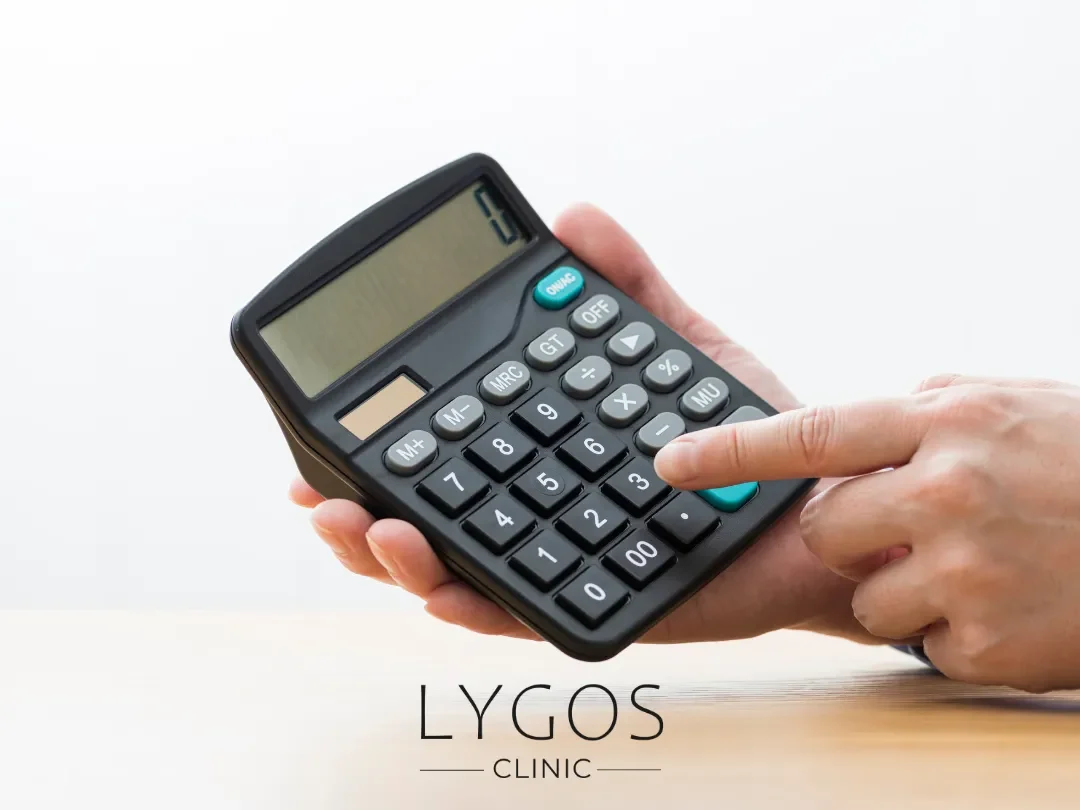
Diabetes Surgery Costs
Diabetes surgery costs vary according to the needs of the patient. If the patient’s problem is treated without surgery, the costs are determined accordingly. At the same time, the health problems the person is experiencing can also affect the costs. Diabetes surgery costs may increase if surgery is performed on the patient. Surgery performed by a specialist costs more. Therefore, it should be carefully decided which doctor will perform the procedure.
Diabetes surgery costs also vary depending on the quality of the hospital. Costs are usually higher in a hospital with high quality and state-of-the-art equipment. However, it should not be forgotten that the success rate will also be reflected in the costs. Therefore, diabetes surgery costs can increase with the right choice of hospital and doctor. If you want to get more detailed information on the subject, you can contact Lygos Clinic’s expert team.
Frequently Asked Questions About Diabetes Surgery
BLOG

Is Breathing Through the Mouth Harmful?
Chose Your Topic Is Breathing Through the Mouth Harmful? Breathing is one of the most fundamental needs of life. However,

Does Rice Water Make Hair Grow? | Benefits of Rice Water
Chose Your Topic Does Rice Water Make Hair Grow? Natural methods in hair care have become quite popular in recent

Breast Lump | Types: Benign, Malign and Causes | LYGOS 2025
Breast Lump While cancer stands out as one of the most common health problems today, early diagnosis rates are also

